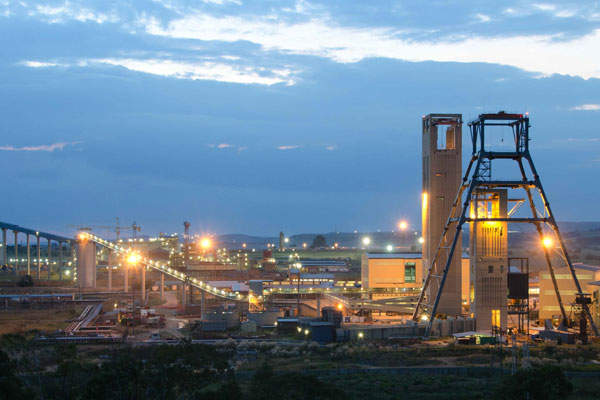- Mining Giant Gold Fields Limited has finally received its electricity generation licence from the National Energy Regulator of South Africa (NERSA) for the construction of a 40MW solar power plant at its South Deep mine.
- Gold Fields made the original generation licence application back in 2017.
Gold Fields will update its definitive costings and finalise all the required internal processes to commence the project as soon as possible. The solar plant has the potential to provide around 20% of South Deep’s average electricity consumption.
Says Nick Holland, Gold Fields’ CEO: “The solar power plant will increase the reliability and affordability of power supply to South Deep, ultimately enhancing the long-term sustainability of the mine.
“The approval of this licence sends a strong, positive message to mining companies and their investors, potentially leading to decisions being taken to sustain and grow mining operations in the country, especially in deep-level, underground, marginal mines. Enabling companies to generate their own power also gives Eskom room to address operational issues at its power plants.”
Gold Fields’ energy objectives are based on four pillars – energy must be reliable, available, cost-effective and clean – which promote a shift to self-generation using renewable energy sources. “We are fully committed to making our contribution towards net-zero emissions,” says Holland.
During 2020, Gold Fields successfully implemented solar and wind power plants, backed by battery storage, at two of its Australian mines, Agnew and Granny Smith, and committed to renewables at its other Australian mines, Gruyere and St Ives, as well as the Salares Norte project in Chile when it starts operations in 2023. All its other mines are also reviewing renewable energy options.
Since full commissioning of the Agnew microgrid, renewable electricity averages over 55% of total supply at the mine. During 2020, renewable electricity averaged 8% for the Australia region and 3% of total Group electricity. Once the South Deep project is commissioned, renewable’s contribution to the Group total will rise to approximately 11%.
Holland says: “We expect our investment in renewable and low-carbon energy sources to contribute significantly to our carbon emission reductions over the next few years. Power from the South Deep solar plant will partially replace coal-fired electricity from Eskom, enabling us to significantly reduce our Scope 2 carbon emissions.”
Author: Bryan Groenendaal















